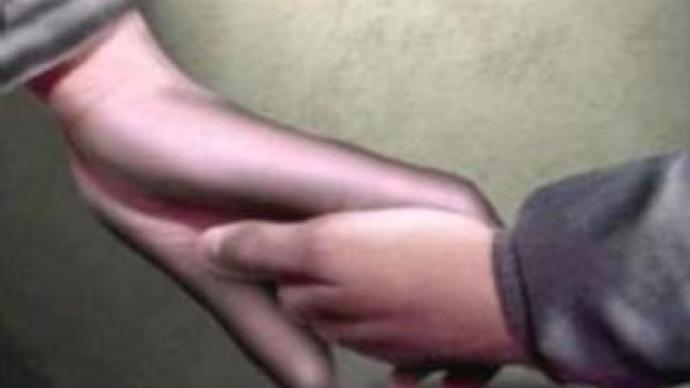About 1% of Russian families run by single fathers

Raising children is never easy at the best of times. But bringing them up alone, without a mother, is a challenge that only a small percentage of fathers have had to face.
It is a unique situation that has only recently been acknowledged in Russia where the vast majority of one-parent families are run by single mothers.Single fathers with custody of their children are one of only 300,000 in a country of 142 MLN.Vladimir has been a single father for the last 12 years, though not by choice. His wife Vera died during myoma surgery when his two sons and daughter were young teenagers. A 41-year-old telecom engineer at the time, he was thrown into a role he had never been prepared for.“Our family was a traditional one, where a man looks after things like earning money, maintaining a car, building up a country house or maintaining the ”technical“ side of the household, whereas a woman is more engaged with daily routine – cooking, washing, shopping. So when I became single I had to perform those two roles, to the work of two, I had no clue about so many things – how to cook, what size my children where, what medicines to give them when they're sick,” says Vladimir.His eldest son Sasha also works in the telecom industry and attends university part-time, Vladimir's second son Alexei is currently serving in the Army, while the youngest, Alena, is studying to be a teacher.The state gives $US 80 a month per child for single parent families, not much says Vladimir, but it can make a difference when money is tight.23-year-old Maxim has had a steep learning curve in the ways of fatherhood. He faces the task of bringing up his 3-year-old daughter Dasha.“Dasha was born prematurely in the seventh month, and she needed serious medical care. Her mom did not look after her properly. When Dasha was 10 months old she broke a leg under unknown circumstances. Later we found she had a broken nose. She was undernourished, so all these reasons made me divorce my wife and take the kid with me. I did not manage to make my wife look after our daughter. It was easy for me to make a decision to have my daughter with me because I knew it was necessary because she had no one to look after her,” says Maxim.He believes fathers can teach their children to be more independent and communicate more effectively.He convinced his employer to give him time off work when he needed, but not to do him any favors and let him complete whatever work was left in his own time.In Western Europe, up to 18% of divorces end with the father gaining custody, while in Russia it happens just 6% of the time.Many single dads in Russia still face an uphill struggle convincing society that they can be good parents.“Even if a child prefers to stay with his father court sometimes doesn't consider this fact and gives preference to the mother. A child's opinion can be taken into account only from the age of 10. So in this case a guardian plays a very important role, so that the child can get proper living conditions, education and upbringing,” says Roman Merkulov, a lawyer.But the difficulties make single fathers more determined to succeed, and in their own way both Maxim and Vladimir are changing traditional perceptions of fatherhood.
You can share this story on social media:












